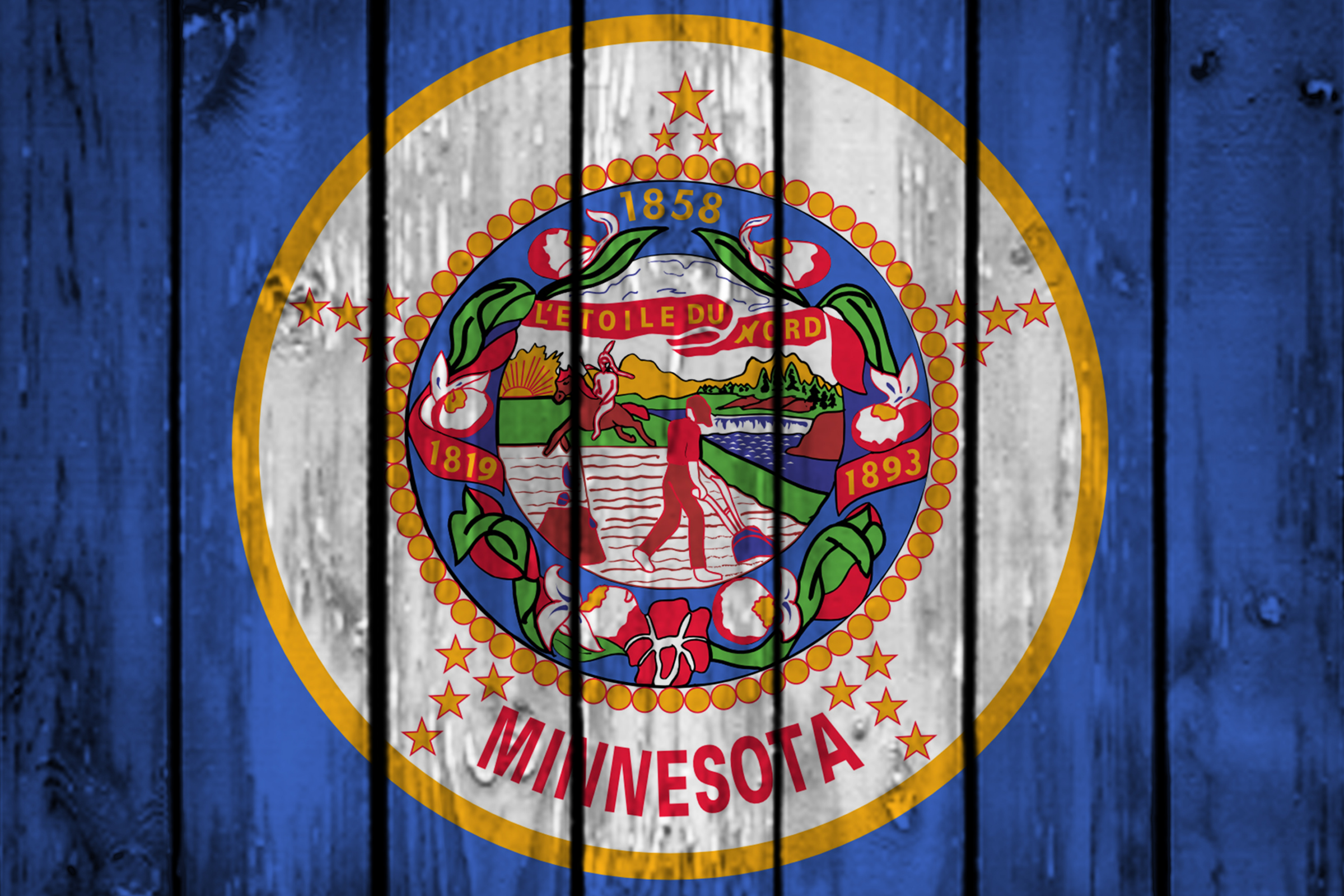On March 3, 2020, Susan Sheridan Tucker, NPGA executive director, and Brianna Doura-Schawohl, director of advocacy for the National Council on Problem Gambling (NCPG), addressed the Minnesota senate’s Government Finance and Policy and Elections Committee. They advocated for funding for problem gambling in SF1894. The following are some excerpts from this testimony (the complete testimony can be found at www.northstarproblemgambling.org/advocacy.
“We insist that any measure affecting the availability of gambling must provide for those adversely affected by this activity and will oppose any bill that does not include these provisions.”
“Governor Walz recognized March as Problem Gambling Awareness Month. All over the country organizations like ours will make special efforts throughout the month to educate all that problem gambling is an addiction, a public health issue and treatment is available and works.”
“We must not expand an industry without making provisions for the real people and their families who suffer the psychological, emotional and financial consequences from this insidious addiction.”
“Unlike the bill introduced last session, this version fails to set aside any money for treatment, training, prevention, research and responsible gambling. This is a huge missed opportunity for Minnesota to set a new standard for its gaming industry. Nor does it provide enough language to identify whose standards the new commission will use to prevent compulsive and problem gambling.”
“The United States is undergoing a rapid and massive expansion of gambling since the U.S. Supreme Court overturned Murphy vs. NCAA in May 2018. NCPG and the NPGA urge including the following four principles in the bill.”
- Ensure that any expansion legislation includes dedicated funds to prevent and treat gambling addiction.
- Require operators to implement responsible gaming programs that include comprehensive employee training, access to self-exclusion programs, ability to set limits on time and money spent on betting, and specific requirements for the inclusion of help/prevention messages in external marketing.
- Identify an agency or entity with the tools and expertise to enforce responsible gaming requirements and create a comprehensive self-exclusion program.
- Conduct research on the prevalence of gambling addiction prior to expansion and at regular periods thereafter in order to monitor impacts of gambling and have data that will support evidence-based mitigation efforts.
“Why wouldn’t Minnesota want to include consumer protection tools? Gaming regulators around the world are adopting more responsible gambling programs because they have made this connection and acknowledge they would prefer to have healthy players participate in their business.”
“We ask that before this bill goes any further, please build in the provisions NPGA and NCPG support. Any and all gambling expansion should mandate adequate consumer protections and set aside at least 1% of the funds from the tax revenue to support Minnesota’s problem gambling programs. We look forward to working with the authors of the bill to ensure that any expansion of sports betting comes with the greatest benefit to the state, at the least risk to its citizens.”

